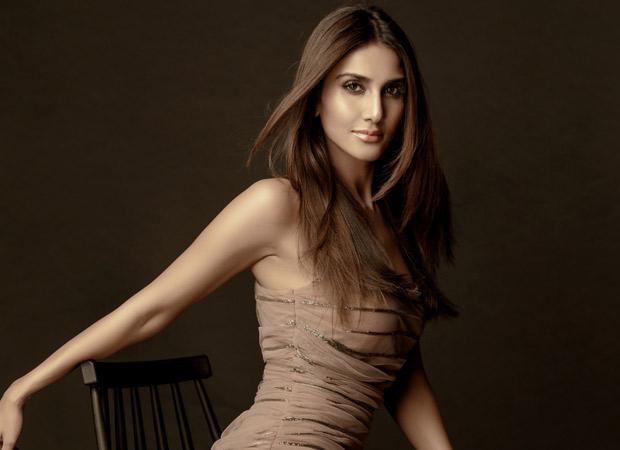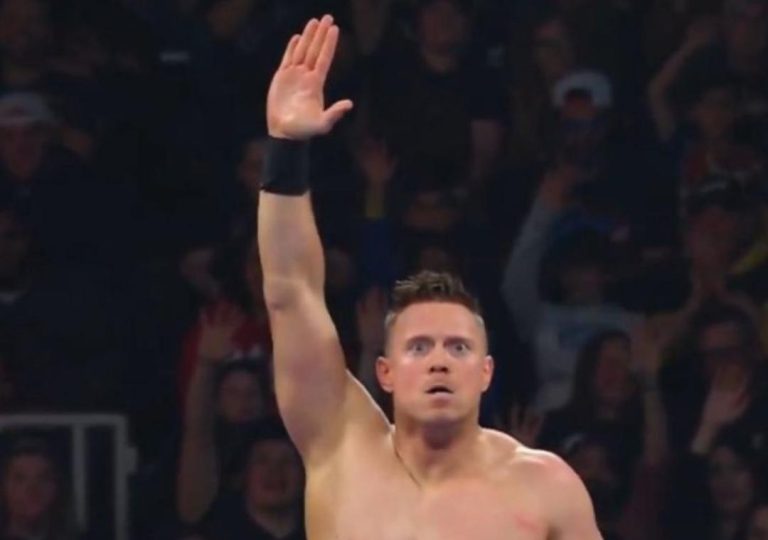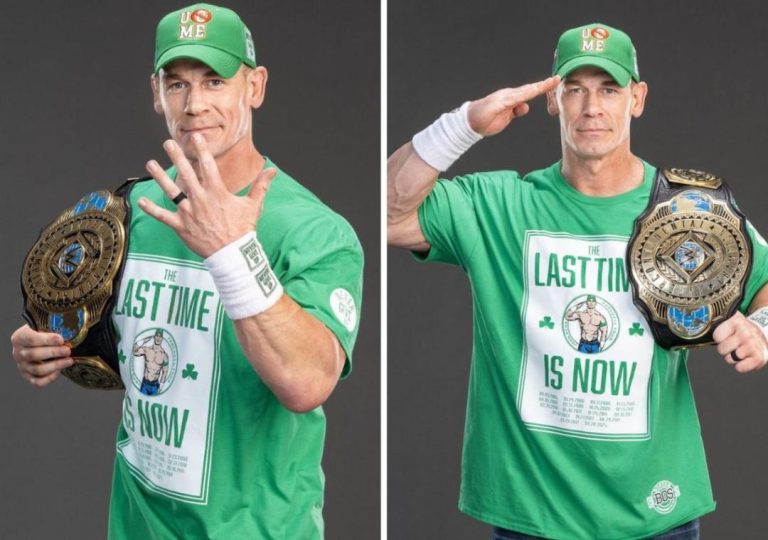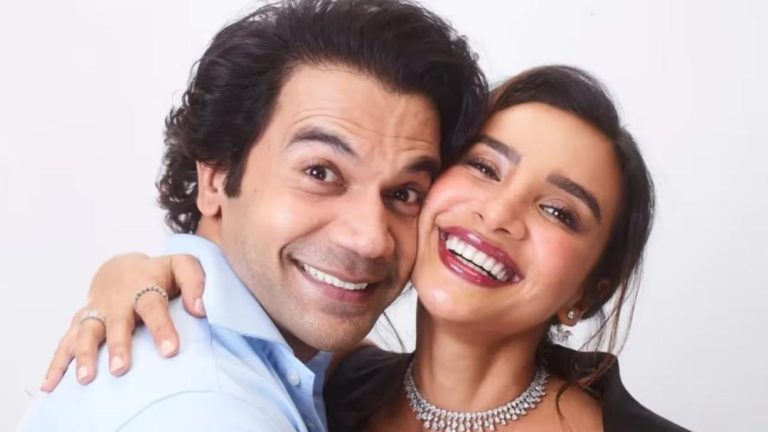
Don’t get volatile behavior: Vaani on censorship & cancel culture
The world of entertainment is no stranger to controversy and debate. With the rise of social media, what was once a niche concern has become a global phenomenon – cancel culture. Artists, celebrities, and influencers are all under the microscope, with the slightest misstep or perceived faux pas leading to widespread outrage and calls for boycotts. In the wake of the ban on the release of ‘Abir Gulaal’ in India, actress Vaani Kapoor shared her thoughts on the restrictions imposed by censorship and the potentially volatile nature of cancel culture.
Speaking to a leading publication, Vaani voiced her concerns about the impact of censorship and cancel culture on artists’ freedom to explore new ideas and express themselves. She expressed her frustration with the prevailing atmosphere of volatility, saying, “This cancel culture, say one thing wrong, there are calls for cancel and boycott. I don’t get that volatile behaviour.”
Vaani’s sentiments echo those of many artists and creatives who feel stifled by the pressure to conform to societal norms and avoid controversy at all costs. The actress emphasized that censorship, in particular, sets boundaries for artists, limiting their ability to push the envelope and take creative risks. “I’m not into censorship,” she stated bluntly. “I think it’s important to be able to create without fear of being judged or criticized.”
The actress’s comments come at a time when the entertainment industry is grappling with the consequences of cancel culture. From actors to musicians to writers, the list of those who have faced backlash and professional repercussions for perceived missteps is long and growing. The impact of cancel culture can be devastating, with careers and reputations left in tatters.
But Vaani is not alone in her concerns. Many artists and creatives have spoken out against the pressures of cancel culture, citing the need for a more nuanced and compassionate approach. They argue that the rush to judgment and the demands for apologies and boycotts can be damaging and counterproductive, stifling creativity and free expression.
So, what can be done to address the issues surrounding censorship and cancel culture? For Vaani, the solution lies in promoting a culture of understanding and empathy. “We need to learn to disagree without being disagreeable,” she said. “We need to learn to listen and understand each other’s perspectives, without resorting to cancel culture.”
The actress is not naive to the challenges that lie ahead. She recognizes that cancel culture is a complex and multifaceted issue, driven by a combination of factors including social media, politics, and cultural attitudes. However, she is optimistic that by working together and promoting a culture of understanding, we can create a more positive and inclusive environment for artists and creatives to thrive.
In conclusion, Vaani’s comments serve as a timely reminder of the importance of promoting a culture of freedom and creativity. As we navigate the challenges of cancel culture and censorship, it is essential that we prioritize empathy and understanding, rather than retribution and boycotts. By doing so, we can create a more positive and inclusive environment for artists and creatives to express themselves, without fear of judgment or criticism.



